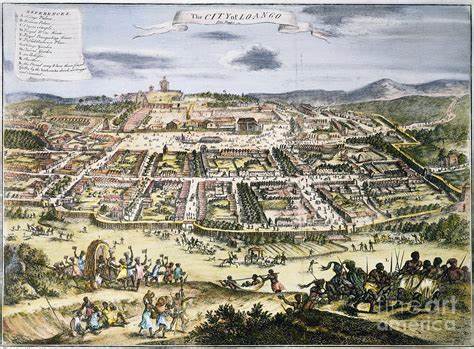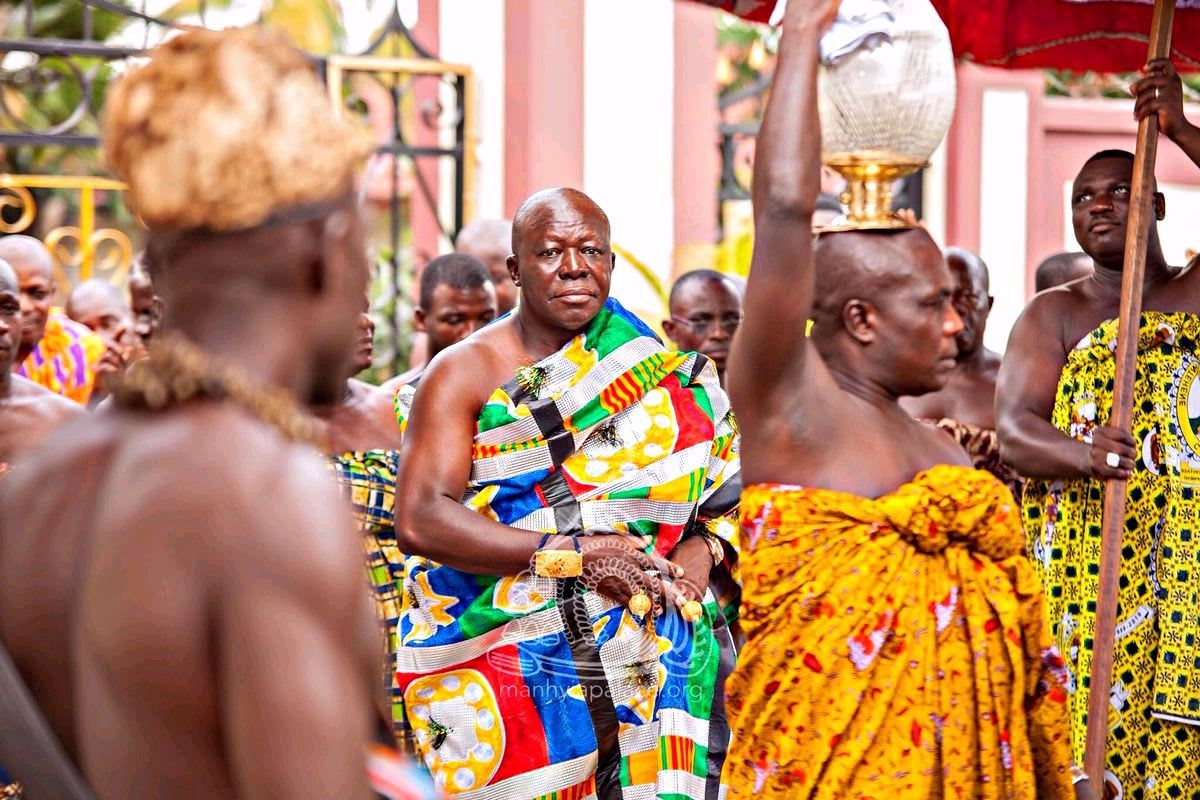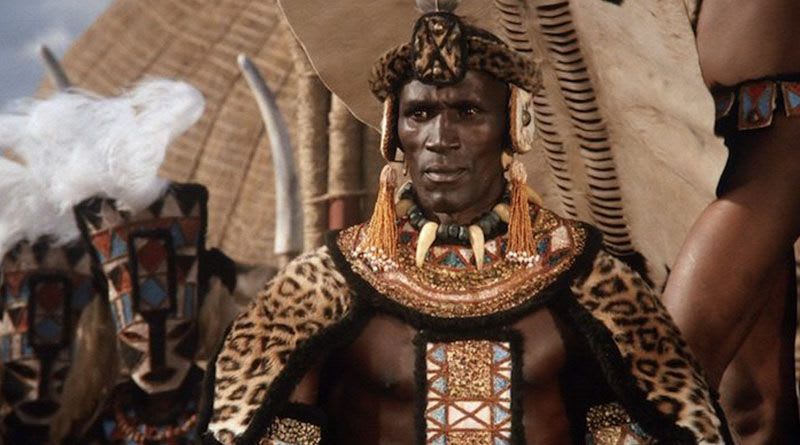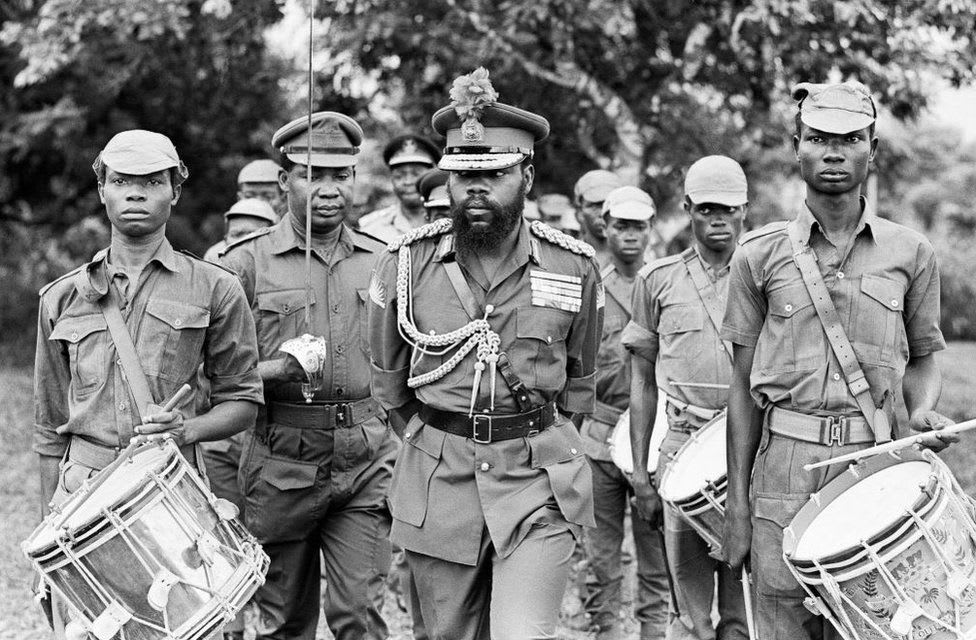Kwame Nkrumah aspired to create a United States of Africa that was free of imperialism and capitalism. His legacy continues to inspire a new generation of Pan-Africanists nearly 50 years after his death. Young people across the continent are revisiting Nkrumah to consider how Africa may be united.
Efforts to resuscitate Kwame's proposal of uniting Africa have recently been made, but it is unlikely to become a reality. This is due to a number of reasons, which are detailed below.
Cultural Diversity Across Africa
Nkrumah’s dream of a United States of Africa is simply unattainable due to the continent's tremendous cultural variety and differences. Bringing together over 2500 ethnic groups into a single body is tough.
Every tribe and country has their own preferred system of governance. It's absurd to advise them all to adopt a unilateral administrative style that is different from what they've known for thousands of years.
Each tribe lived in its own space before the 1885 split of Africa, with its own set of values. Trade was one of the few things that brought them together, and they respected each other’s identities.
In search of self-realization and freedom, African societies before colonization, regularly broke from their tribes to form new societies. Making Africa into a single entity, as suggested by Kwame, is un-African.
Language Barrier
The language barrier makes it difficult to unite Africa as a single nation, as proposed by Nkrumah. Due to the multiplicity of nationalities, selecting official languages would be difficult.
Arabic is the official language of several North African countries. The rest of Sub-Saharan Africa speaks indigenous languages and foreign languages such as French, Portuguese, and English.
Julius Malema of the Economic Freedom Fighters (EFF) advocated Swahili as the ideal language for a united Africa. He advocated for Swahili because it is the most widely spoken indigenous language. Swahili, on the other hand, is only spoken by about 15% of Africa's 1.2 billion inhabitants.
Religion
Religious differences can certainly make Kwame’s dream of uniting Africa difficult to attain. In nations like Mauritania and Somalia, Islam is the state religion, and disobedience to Islam is punished by death. They would not allow the practice of Christianity in their lands.
A dividing line between Islamic and Christian dominated Africa can already be recognized because the north of Africa is mostly Islamic and the south is predominantly Christian. Forced coexistence of major religions in a single country rarely works.
Economic disparities
The continent's economic difference is another major hurdle to the union. Africa has a wide range of economies, levels of development, economic models, and resources. Countries with vastly different economic performance are unlikely to join together, as the poorer countries would be a financial burden to the wealthy ones.
The economy is viewed differently by different tribes in Africa. It would be harsh and disruptive to bind everyone to a single economic thinking paradigm.
Traditional African civilizations did not handle commerce and trade in the same way as others, and their values have remained unchanged until this day. This trait is one of the reasons why centrally planned economic reforms in many African countries fail to achieve the expected results. Whatever economic model is chosen, it will be hard to make it work for every society in a united Africa as proposed by Kwame.
The threat of dictatorship
The prospect of tyranny is often highlighted as one of the reasons why nations are leery about the notion of United Africa state. This concept's proponents have yet to comprehend that the stronger a central power is, the higher the risk of dictatorship.
The extent to which African politicians have brazenly exploited power since independence proves this. According to the political history of modern Africa, one leader in charge of a massive body with vast resources would be extremely perilous.
In addition, a parliament that is large enough to accommodate all of the continent's tribes is also unachievable. As a result, interests would not be adequately represented, leading to calls for secession.
Even though Nkrumah’s dream of a United States of Africa is unlikely to happen, regional integration and multinational collaboration are becoming increasingly desirable. More integration, for example, might be achieved through the EAC, ECOWAS, and SADC.









